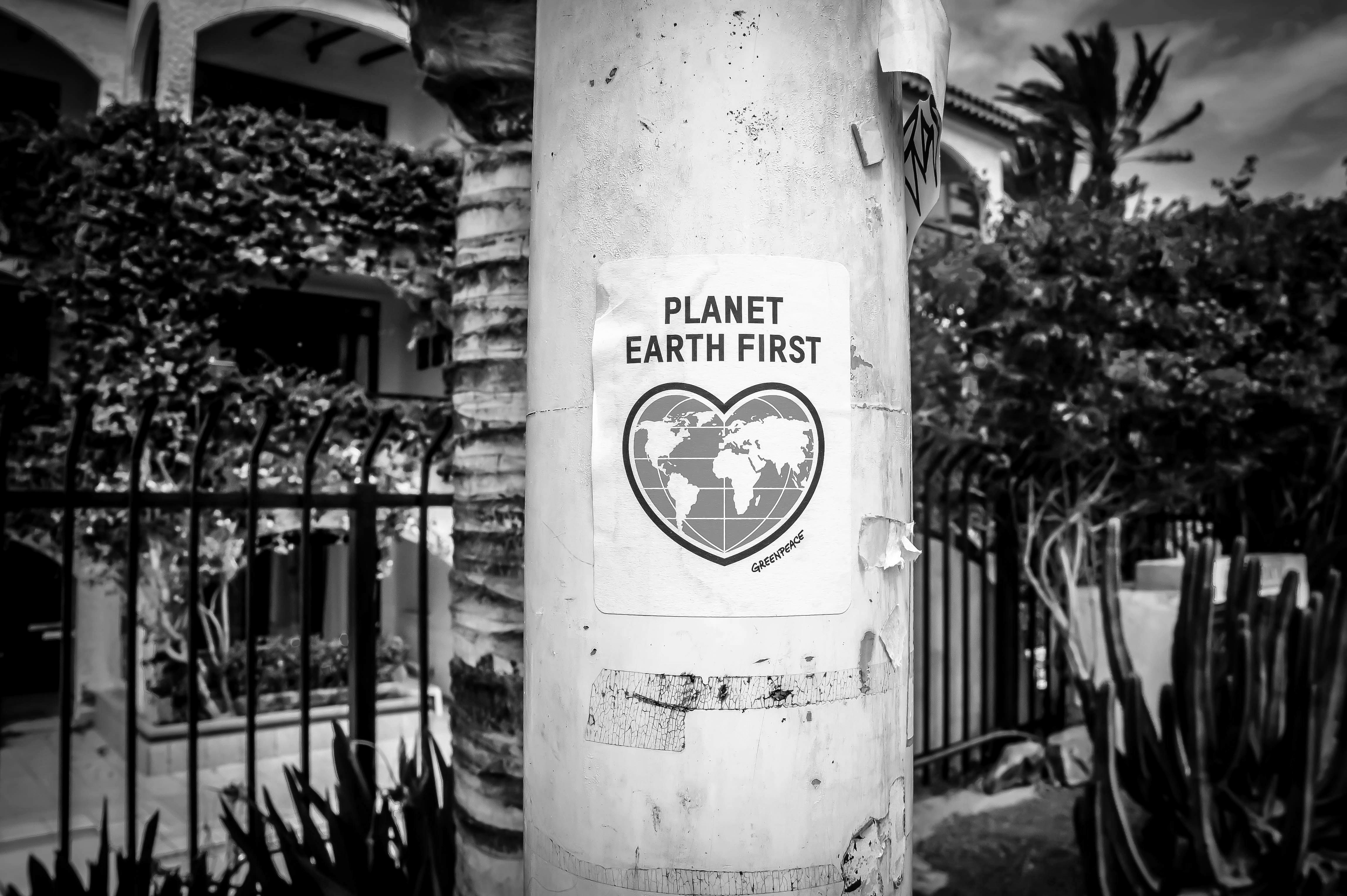
Words such as ‘green’, ‘sustainable’, ‘carbon neutral' and ‘eco-friendly’ almost feel commonplace in advertising at this point. The last decade has seen a significant rise in companies claiming to be making efforts towards creating more sustainable working practices and ensuring as much as possible that products produced and services provided have a reduced environmental impact.
This is being driven by high consumer demand for goods and services that have an overall reduced impact on the planet as well as for greater transparency in the decision making of companies in this area.
In trying to meet these consumer demands, we’re seeing companies come under public criticism and the subject of Advertising Standards Agency Complaints for making false and/or misleading claims about how green their products and services actually are.
One of the reasons for this is that what a company can and cannot claim is not entirely clear. Many words used to demonstrate a company’s environmental efforts are largely unregulated and therefore difficult to define, for example, “eco-friendly”, “sustainable” and “green”. These blurred lines between what you can and cannot say are providing some companies with the opportunity to effectively ‘greenwash’.
There are various pieces of guidance in place that aim to aid the marketing activities of companies to ensure all environmental claims being made are honest and clear.
This article provides an overview of the activity of greenwashing – what it is and how a company might be knowingly or unknowingly engaging with it, and what the potential ramifications of this are, as well as of the current guidance in place that intends to guide companies in this space.
What is greenwashing?
Greenwashing: a marketing practice used to create an illusion that a company, and/or its goods/services are environmentally friendly, sustainable or socially responsible when they might not be or might not be to the extent being claimed.
Examples of the types of activity that tend to be considered ‘greenwashing’ include:- Vague claims/unclear language e.g., ‘eco’ ‘sustainable’ or reference to ‘natural products’ without adequate explanation or evidence of the claims.
- Use of own brand eco logos and labels not associated with an accredited organisation
- Hiding or omitting information such as a product’s pollution levels to appear more eco-friendly.
Why is it a problem?
The simple answer – consumer protection.
Where companies are making claims about their goods and services in an attempt to make them more desirable to their target consumers, and where these claims are unfounded (i.e., misleading, false, unclear), this can have wide ranging effects on consumers purchasing those products.
As mentioned above, many of the words that are often used by companies to demonstrate their efforts in making their products environmentally friendly are largely unregulated. This is providing certain companies with the opportunity to greenwash – to capitalise on the growing consumer demand by appearing to be better for the planet by using certain ‘buzzwords’ like ‘eco-friendly’ and ‘sustainable’, without having to change their practices to ensure their products/services fulfil this claim.
Companies in virtually all sectors, from oil and gas to fashion to food and drink, are all prone to falling foul of the regulations governing this area and making claims about their goods/services that would be deemed as ‘greenwashing’.
Send us your thoughts:
Would you like to read more articles like this?
Building 1000
Cambridge Research Park
CB25 9PD
Fax. 01223 425258
info@iamstobbs.com
Privacy policy
German office legal notice
Cookie Declaration
Complaints Policy
Copyright © 2022 Stobbs IP
Registered Office: Building 1000, Cambridge Research Park, Cambridge, CB25 9PD.
VAT Number 155 4670 01.
Stobbs (IP) Limited and its directors and employees who are registered UK trade mark attorneys are regulated by IPReg www.ipreg.org.uk

